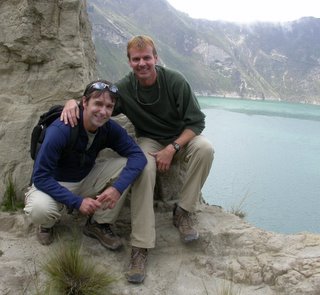book notes
"The Nine" by Jeffery Toobin
"The gay clerks changes the Court, not because of their advocacy but because of their existence. They were, of course, pretty much indistinguishable from their straight colleagues, and that was precisely the point. The justices, who were without exception polite and decent people, treated the gay clerks with civility. When the longtime partner of a senior lawyer on the Court's staff died, the fist condolence note to the survivor came from Rehnquist."
The name of the famous Powell clerk -- Cabell Chinnis, Jr.
Kennedy announcing Lawrence v. Texas from the bench: "There was no mistaking the significance of Kennedy's opinion. The point was not that the Court was halting sodomy prosecutions, which scarcely took place anymore. Rather, the Court was announcing that gay people could not be branded as criminals simply because of who they were. They were citizens. They were like everybody else. 'The petitioners are entitled to respect for their private lives," Kennedy wrote simply. "The State cannot demean their existence or control their destiny by making their private sexual conduct a crime." The people who had devoted their lives to that cause understood precisely what had happened, which was why, to a degree unprecedented in the Court's history, the benches were full of men and women sobbing with joy."
"The gay clerks changes the Court, not because of their advocacy but because of their existence. They were, of course, pretty much indistinguishable from their straight colleagues, and that was precisely the point. The justices, who were without exception polite and decent people, treated the gay clerks with civility. When the longtime partner of a senior lawyer on the Court's staff died, the fist condolence note to the survivor came from Rehnquist."
The name of the famous Powell clerk -- Cabell Chinnis, Jr.
Kennedy announcing Lawrence v. Texas from the bench: "There was no mistaking the significance of Kennedy's opinion. The point was not that the Court was halting sodomy prosecutions, which scarcely took place anymore. Rather, the Court was announcing that gay people could not be branded as criminals simply because of who they were. They were citizens. They were like everybody else. 'The petitioners are entitled to respect for their private lives," Kennedy wrote simply. "The State cannot demean their existence or control their destiny by making their private sexual conduct a crime." The people who had devoted their lives to that cause understood precisely what had happened, which was why, to a degree unprecedented in the Court's history, the benches were full of men and women sobbing with joy."


<< Home